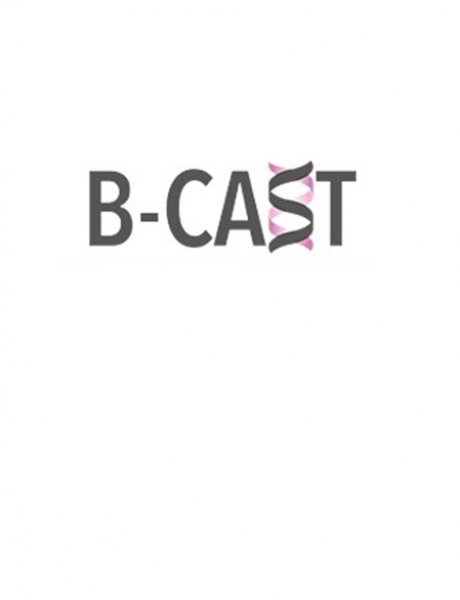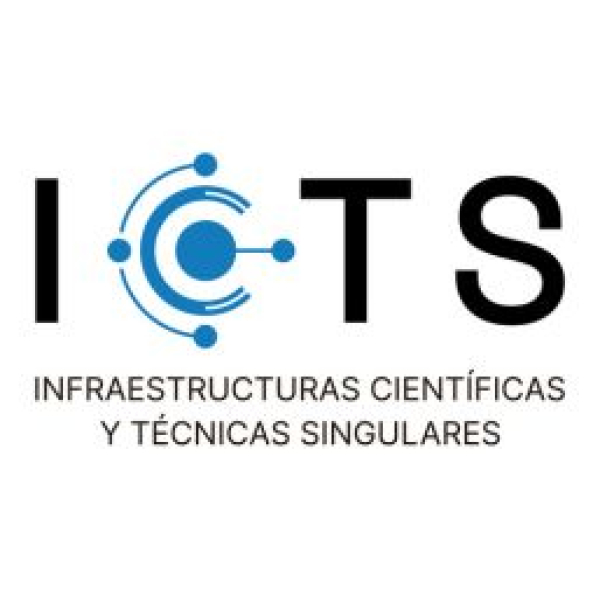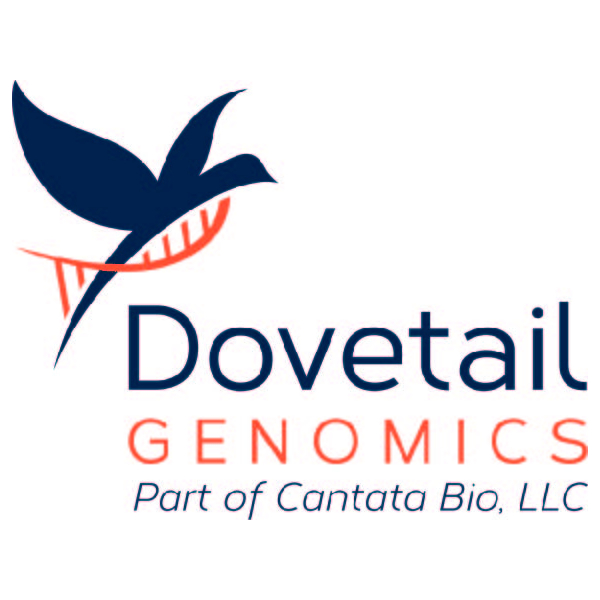
The B-CAST project (Breast CAncer STratification) is coordinated by the Netherlands Cancer Institute Antoni Van Leeuwenhoek and it will be conducted over five years (until September 2020).
Breast tumours are heterogeneous, and result from the complex interplay of multiple lifestyle/environmental and genetic risk factors. Through the EU-funded COGS project, a large number of germline variants that influence the risk of breast cancer have been identified.
In combination, these variants can identify women at wide ranges of genetic risk, even in the absence of family history of breast cancer. Given that breast cancer is not one disease, it is now essential to better understand how risk factors act together to influence the development of pathologic-molecular subtypes of breast cancer.
The aim of B-CAST is to identify women at moderate to high risk of breast cancer, the subtype of cancer that is most likely to develop and the prognosis of that particular subtype. This will be accomplished through large-scale pathologic-molecular analyses of over 20,000 breast tumours, and the integration of these data with unique resources from existing consortia, including germline, lifestyle/environmental, mammographic breast density, pathologic and clinical data. This information will inform the development of risk prediction and prognostication models that will be validated in longitudinal cohorts and clinical studies, and incorporated into online tools. Also this knowledge will be disseminated to relevant stakeholders, and evaluate how to translate it into risk-stratified public health and clinical strategies.
The current challenge for optimised prevention, early detection, and treatment decisions for breast cancer is understanding the genetic and lifestyle determinants of risk and prognosis of molecular subtypes. B-CAST will add to this understanding and will have immediate application with benefits to women by providing validated risk and prognostication tools. This will empower women and doctors with knowledge to tailor strategies for prevention and treatment. Ultimately, this work should result in reductions in the occurrence, morbidity and mortality of this disease.
The project involves thirteen international reference centres as the Netherlands Cancer Institute Antoni Van Leeuwenhoek (NKI-AVL, the University of Cambridge (UCAM), the Karolinska Institutet (KI) in Sweden and the Queensland Institute of Medical Research (QIMR) in Australia, among others.
The role of the CNAG-CRG
The CNAG-CRG participates in the Work package 3 (WP3) about tumour sequencing, coordinated by Ángel Carrecedo from the Universidade de Santiago de Compostela (USC).
DNA extraction and somatic sequencing of 10,000 tumour samples already collected by participating studies will be done in WP3, with sufficient coverage and sample power to deal with tumour heterogeneity.A targeted sequencing panel will be developed using information from large-scale tumour profiling studies (such as ICGC-TCGA, Metabric). The main aim of the panel will be to characterise recurrent mutations that identify aetiologically or clinically relevant subtypes.
Sequencing studies have also identified at least five somatic mutational signatures in breast tumours that are likely to reflect different underlying aetiological processes. We will perform exome sequencing in a subset of 1,000 tumours selected according to extreme exposures (e.g. late versus early onset, high versus low index of hormonal exposure, radiation induced cancers, high versus low polygenetic risk score) to identify mutational signatures related to risk factors.
More information
B-CAST website











